Unsung hero . . . learn more about Alex MacEwen, Edinburgh AC coach
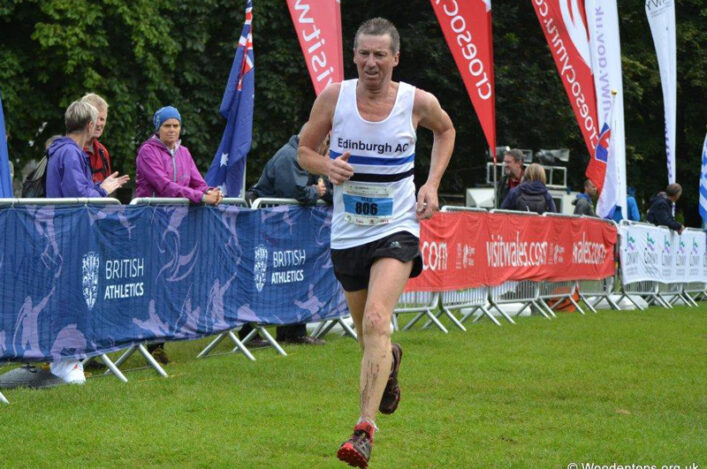
By Karla Borland
Interviewing Alex is a bit of coup!
He’s one of the most modest men I’ve ever met and he listens more than he talks so getting his thoughts down on paper has been a real treat.
I’m not an expert in coaching but I suspect he exhibits what textbooks and seminars try to bottle and explain – a combination of experience, expertise and genuine interest in others.
I did my first run some 55 years ago.
Every year our school did the inter-house cross country. No training or practice; just do it. In my second year, I learned pace judgement or in my case go slow and pass folk.
In summer term we had a choice and after a couple of years I decided not to do athletics. I didn’t like any event, including what passed for middle distance. All that hanging about, lots of tricky skills to learn and zero encouragement. I tried cricket but favoured volleyball.
When I got to University I ran for fitness in the local park as I played soccer for the intramural Geography society. It was only when I got my first full-time job that I ran with a club in Middlesbrough. I moved to Edinburgh after a couple of years and was spotted running by Edinburgh AC (EAC) legend Bob Cockburn who handed me a form in 1982.
I have paid my subs every year since and competed on the track, cross country, road, trail and hill for EAC. I still see Bob for a sports massage.
It’s an interesting idea to ask which performance I’m proud of . . .
. . . as it allows you to think of more than personal bests. Is it to do with the best execution or that sense of achievement or when you got the most pleasure in performing and reflecting? Or it could be the that race when you most proud of the whole process of planning, training, getting feedback and then the doing. Over the years I can think of a few.
The list would certainly include the World Masters Hill Running champs at Keswick in 2005 and more recently in Bets y Coed 2015.
I did specific training over a decent training block as I had access to the route profiles. On both these days I ran well against some fantastic masters. I had that sense of commitment which is rare these days for me. And the atmosphere generated by the Italians, in particular on the hill, and during the prize-giving was memorable.
London Marathon 2016 was special.
I have done seven marathons, four under the 3-hour mark, including Scottish Marathon Champs. But the one I am most proud of is London 2016. I was proud of the money raised for Cancer Research for Andrew, the brother of my partner.
I was proud of all the support and messages folk gave me. I still get a lump in throat recalling the emotional surges during that weekend. I can still hear William (Mel Gibson) Wallace urging his warriors to ‘hold hold hold’ as I was tempted to pick up the pace.
I can still feel my own inner voice urging me with 5 km to go to embrace the famed “Pinto Surge “. And lastly the family photos of me handing my medal to Andrew.
Then there are those races where you mentally step beyond your comfort zone.
And go well into your trained zone, you step into that flow of commitment and it works. It also gives you confidence to do it again. Some call it in the zone.
I can think of one on the track – a 3km race at Coatbridge while on the road I would single out the Lochaber 10 mile road race and on trails, the Huncote Christmas Bash.
I didn’t have a watch at any of these, I was just immersed in the competition and flowing.
I think for me coaching has been more than a progression from running. It’s been a lot broader than that.
At school I helped with warm-ups, circuits and drills for our rugby teams. At work part of my job was teaching staff new skills. I helped set up track sessions if the senior coach was away at club committee meetings.
When I retrained at postgraduate level in physical education and coaching process at Heriot Watt University in 1996, I went onto UKA Level 3 and became a tutor for the likes of UKA, sportscotland and Edinburgh University.
I was then leading and assessing CPD (continuing professional development) for PE staff and teachers, novice coaches, sports leaders and Duke of Edinburgh teachers. I hope I picked up a lot over the years. I have been coaching in some form or other for a few years now!
Edinburgh AC won our first Lindsays Trophy for cross country participation back in 2015 – with Alex a key factor in that (photo by Bobby Gavin)
I took this path for a number of reasons.
At school as captain, I had a sense of responsibility and, without knowing it, an opportunity to learn. At work I combined an MBA (Master of Business Administration) with responsibility to develop staff.
I picked up knowledge about mind-set and coaching as opposed to watching and learning. I also saw and remembered some poor coaching/teaching/training from staff and fellow managers. At EAC when assisting and listening to the cool down chat I sensed there was more than just ‘dae the session’.
Like the influences, motivations and lessons from this rambling path, I think my philosophy changes.
Indeed, I think I have more attitudes than a rounded philosophical underpinning. Whether it’s a class, group or squad, a pupil, parents or an adult athlete in front of me, my approach is not only to make them achieve but at a pace, method and route that suits them.
However, behind that I have to have the knowledge or content to impart. And throughout I try to listen, reflect and pick up on their questions.
There are a number of things that motivate me.
When dealing with children in PE or Sports Leadership, mums wanting to lead physical activity in play schemes, seniors chasing selection or making teams or veterans and rookies looking to stay fit and improve; if I just get some of the following responses, I realise why I do it. Getting the feedback at end of sessions.
Whether it’s just a thank you or ‘what do you think?’ or ‘I am thinking of doing this, any tips?!’. Seeing folk improve and achieve their goals. Seeing children acquire a new skill and enjoy the session. Trying to get across that it’s a long road, a lifestyle and long-term thing rather than just a term or an eight-week block. The buzz of engagement, that sense that they are involved and enjoying it.
With teachers commenting at end of CPD ‘I l learned more in that session than all the years at teacher training’. Watching over a period of time the improvements in performance and handling the sessions.
With children its years later saying, ‘Hi Mr MacEwen’ or ‘Sir, you taught me, it was great, it was fun’. Indeed, some of them come back as rookie coaches. Behind all of this is a sense of enjoying it and wanting to motivate them, set achievable goals and use the feedback to learn and set up next session or class.
A bit of politics now . . .
It’s a long-term thing and sadly for last ten years that extra-curricular and mainstream support for sport has been cut back.
Maybe now a renaissance? On other hand in Scotland folk worry that the current shutdown in competition and real face to face coaching will have a huge detrimental impact.
If I had to coach a famous athlete
A snap reply would be Lasse Viren. He was an icon for me a competitor, great style, got up when he fell, four Olympic golds, peaked and still runs. But then he was an icon perhaps with his failings and not somebody I wanted to coach.
There is no single athlete. Honestly, I have got more out of the many folk over the years that I have helped. Some have reached the dizzy heights of a Scottish medal.
I have got a lot from all these people including those that still did their own thing. It’s not about the fame, it’s about trying to get them to be their best.
Sometimes I do wonder how I am here as I had no real mentor, decision to do this, career path or influencer.
No revelation on my meandering path. I can think over many years of a number of people who have made me think: ‘I want to be like that’ or ‘that was good advice and well-pitched’, particularly when commenting on a poor session by me.
At school it was a geography teacher. At university it was an eccentric lecturer who encouraged reading, thinking, questioning. Early on at work it was a couple of senior colleagues who took time to encourage me to step back and think and another who advocated, ‘know your material’.
Over the last 20 years it’s been a few senior teachers and headteachers. In the governing body it’s the tutors that know their material, and can give inspirational engagement, getting participants to shape their learning.
Throughout there is a common quality to these folk: it was their ability to communicate well and not wing it!
I have no real favourite books.
Looking at my shelves there are too many. Some still get dipped into. Some helped me years back. There are the technical ones from Stamfl (Running) in 1955, Temple (Cross Country and Road Running) 1980, Dick 1980, Watson 1983 and Friel 2015. There are the diary ones by say Hoffman 2017, Ritchie 2016 and McGregor 2010. There are generic ones on coaching style, leadership and teaching PE to children. The fun ones on hill running (Chilton 2013) and the ones that make you cynical (McKay 1996, Caesar 2015).
I dip into them all but in these days of virtual running, I go back to books on trail running (Allison 2012) or mountain running (Smith 1985) so as I can ‘armchair run’, dream, motivate! Armchair running can raise the imagination but not your cadence!
Is there a word for this idea of losing your running mojo? Mojo tappio? Perte mojo? Guess not! The answer is yes.
Mojo loss is different to over-training syndrome. I think mojo loss is a medium-term thing. It’s more than a short-term reaction to a poor race whether in the sense of performance or commitment. Overtraining may include this feeling, but I think mojo loss exists outwith being overtrained.
Putting aside how it fits with mental health as depression, I think most runners get it.
When I’ve lost my running mojo, some things that work for me are as follows:
Fartlek – unstructured unplanned, you just want to do it and who cares if you blow up, get tired, stay out too long, overdo it.
Run in the hills, listen, feel, smell, imagine. Even in a Scottish summer, feel the sun on your back and hear the peewits. In the winter take on the elements.
Make that intellectual transition from performance measurement to joy of doing your running. It’s that run with no expectations and a mix of physical pleasure, flow over the ground and feeling lighter. There are some great lines in Cliff Temple’s first book and it’s that scene in the 39 Steps where Richard Hannay is free running in the hills and the scene opens up in both the 1935 and 1978 versions.
Don’t set a target race and structure a training block. Go to a race if feeling good. There will be a return to entry on the day, low key runs, over some arbitrary distance.
Go somewhere where you are not known, even stay in a local hotel, rock up and pull on your club vest. Oh, to be able to do that now!
My most common queries and questions from runners?
Take your pick of overuse niggles and pains: calf, IT, Achilles, hamstring, knee, plantar, lower back. What is it and how can I make it disappear overnight?! Or how can I get faster, run a PB or complete the blessed marathon? And I am happy to try and answer them all. Then some time later see if they are listening and doing!
I have a few anecdotes!
Why did the runner cross the road? To get the bend in his/her favour.
My old coach who replied when I asked, ‘any tactics Claude?’ answered with a twinkle ‘get to the front and stay there!’.
Martin Ferguson EAC (15.35 5km and 30. 48 10 km) and an absolute metronome for pace. I was agonising over EAC team selection many years ago for the Edinburgh to Glasgow road relay. ‘Alex , the team will pick itself‘.
And its advice that I use every year at the cross-country relays. I still hear Fergie.
Adrian Weatherhead EAC (1.51 800m, 3.57 mile and sub 30.00 10 km) in his London voice and I paraphrase ‘you have to be prepared to die’. Adrian competed for Scotland and GB on track and cross country. He still runs.
You won’t find Alex on social media. When we’re out of lockdown and return to the new ‘normal’ you will find him on the Meadows coaching sessions quite a few nights every week.
Tags: Alex MacEwen, Edinburgh AC
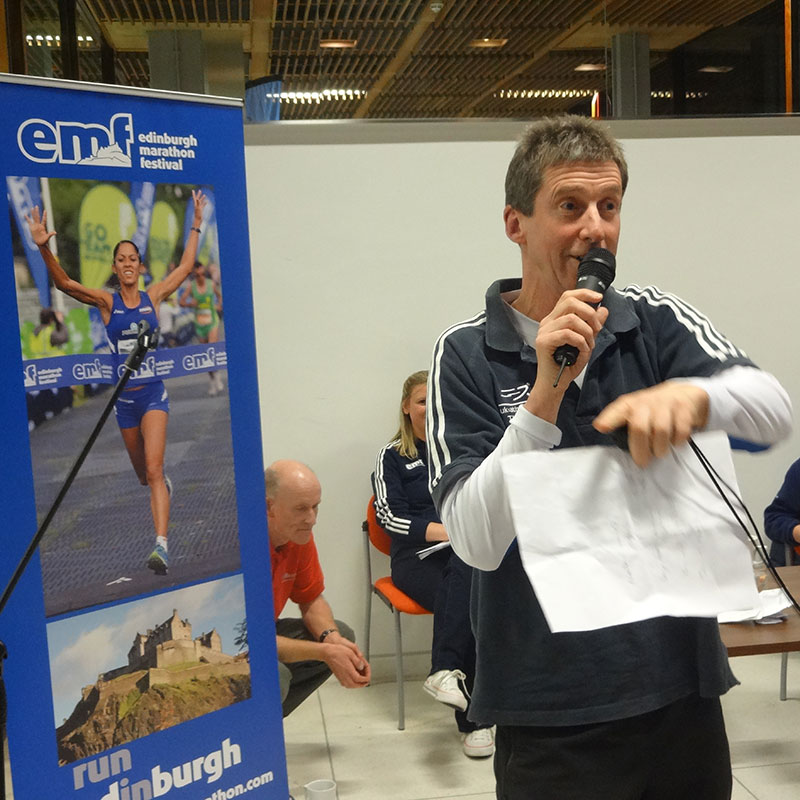
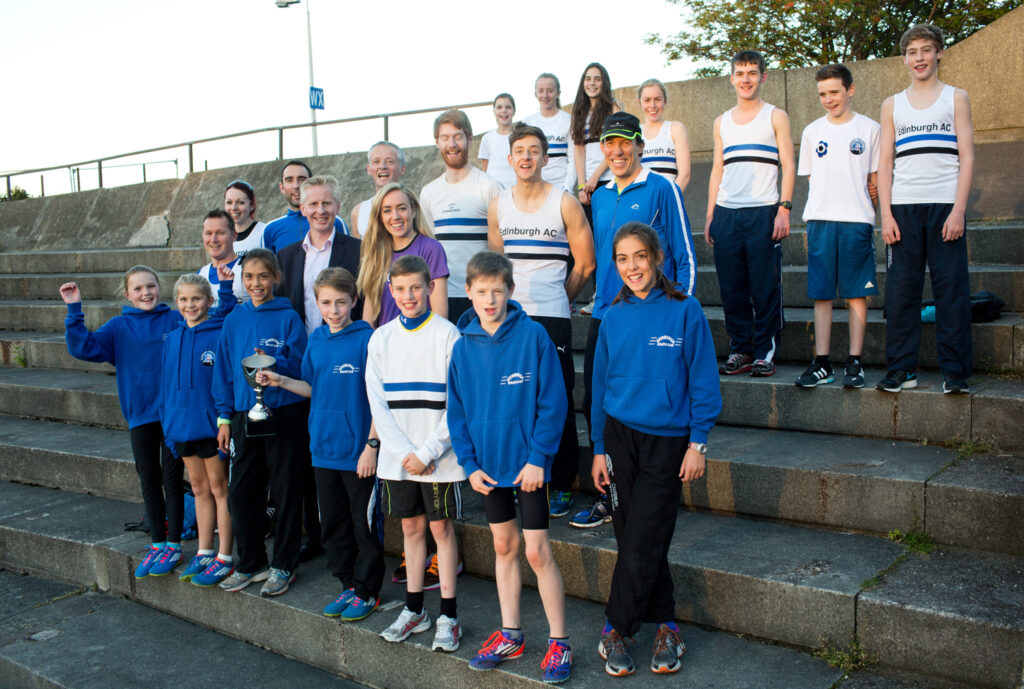
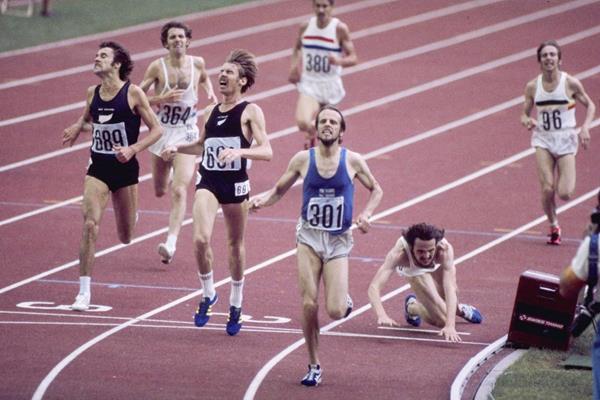
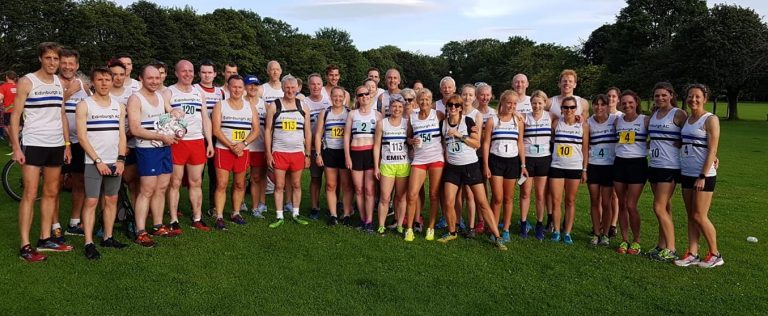
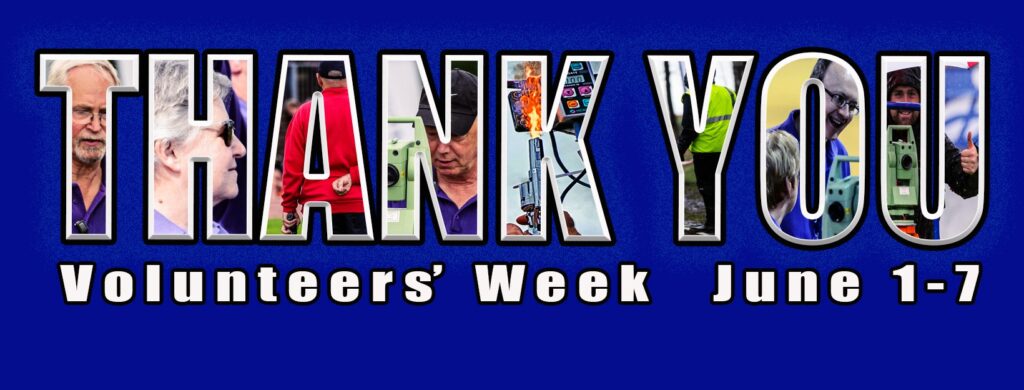
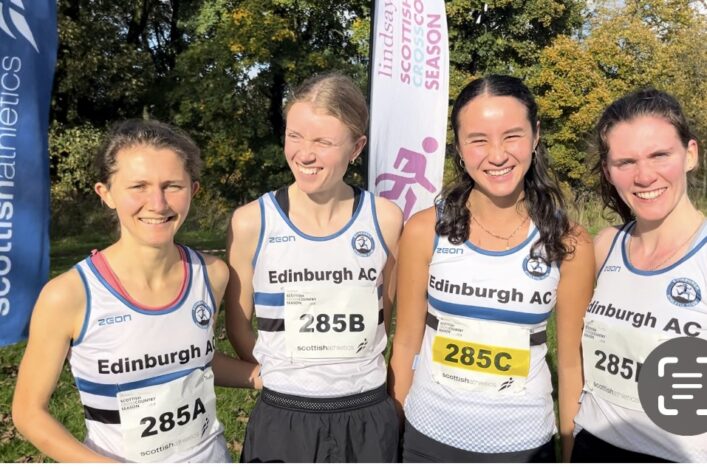
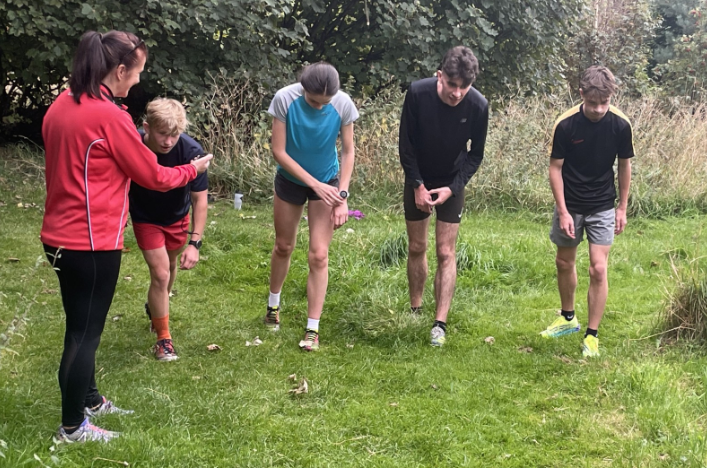



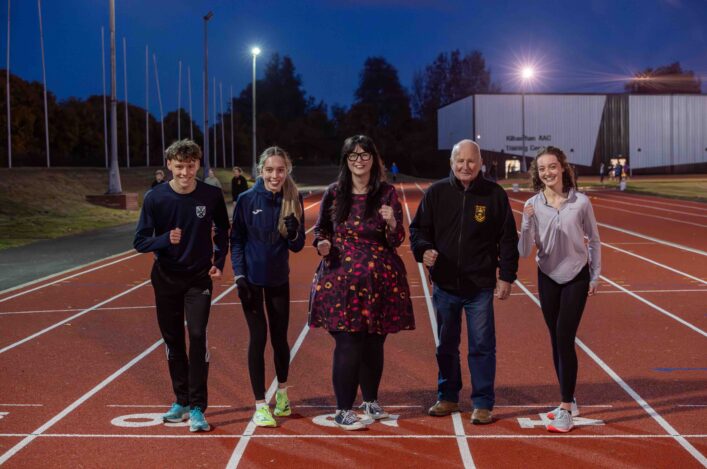
Latest Facebook update
2 hours ago
Renfrewshire Council and Kilbarchan AAC work together at Linwood - Scottish Athletics
www.scottishathletics.org.uk
Kilbarchan AAC athletes Alistair Street, Zara Redmond and Amy Teasdale join Councillor Lise-Marie Hughes of Renfrewshire Council and scottishathleticsShare on Facebook Share on Twitter Share on Linked In Share by Email